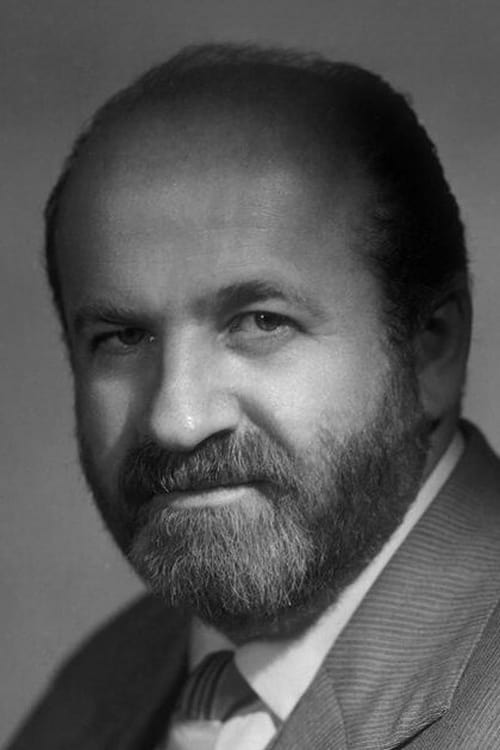
Píseň jižních Čech
Watch Movie
Share
Píseň jižních Čech
1951
00.0(0 votes)
Documentary
Overview
Links & Resources
Social & External
Production Companies
Cast & Crew
1 member
Acting
Felix le Breux
Commentary (voice)


Social & External
Commentary (voice)
